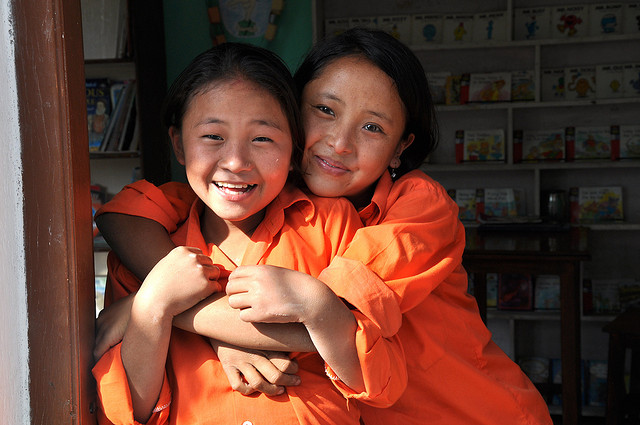
It’s an old wisdom, but now there’s scientific proof: helping someone does not only benefit the reciever. The do-gooder also gets his or her share, in the form of more popularity and well-being. That’s at least what happened to a randomly selected group of 9-11 year olds in Vancouver that started performing acts of kindness.
A team of Canadian and North-American psychologists tested 400 children in nineteen classrooms. The kids named classmates they liked and described how happy they were. Then the researchers gave them an assignment for the coming weeks.
One group of children had to visit three places, the other children had to perform three acts of kindness. The children went to freely fill in their tasks, later reporting going to the shopping centre and grandma’s house or sharing their lunch with someone and giving mum a hug when she felt stressed.
After the assignment the children again described how happy they were and whom they liked, but gave different answers. The well being of both groups had increased. Both groups were also better liked by classmates, but this effect was significantly bigger for the do-gooders. The children that had performed kind acts gained on average 1,5 friend.
It’s not a very strong finding, since both groups increased in well-being and popularity, but the study is a relevant investigation of the subject of behavior and happiness in children. The researchers for example stress the importance of peer-acceptance, leading to less bullying in a classroom.
Photo: cc
Layous, K., Nelson, S., Oberle, E., Schonert-Reichl, K., & Lyubomirsky, S. (2012). Kindness Counts: Prompting Prosocial Behavior in Preadolescents Boosts Peer Acceptance and Well-Being PLoS ONE, 7 (12) DOI: 10.1371/journal.pone.0051380
Gepubliceerd op United Academics